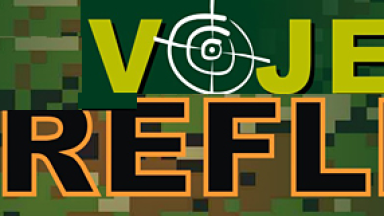Environmentálna spolupráca ako nástroj transformácie konfliktov v oblastiach náchylných k vypuknuti
ENVIRONMENTAL COOPERATION AS INSTRUMENT OF CONFLICT TRANSFORMATION IN CONFLICT-PRONE
AREAS: WHERE DOES IT START, HOW DEEP IT CAN BE AND WHAT EFFECTS IT CAN HAVE?
Šárka Waisová
***
Politické vedy, Volume 18, Number 2/2015, pages 105-126
Odporúčaná forma citácie článku / Recommended form for quotation of the article:
WAISOVÁ, Š. 2015. Environmental Cooperation as Instrument of Conflict Transformation in Conflict-Prone Areas: Where does it Start, How Deep it can be and What Effects it can have? In Politické vedy. [online]. Roč. 18, č. 2, 2015. ISSN 1335 – 2741, s. 105-126. Dostupné na internete:<http://www.politickevedy.fpvmv.umb.sk/userfiles/file/2_2015/WAISOVA.pdf>.
ABSTRACT
The idea of environmental cooperation as a conflict transformation instrument emerged since the 1990s among scholars as well as among international institutions and nongovernmental organizations. The idea presume that conflict and cooperation can coexist and that a cooperative approach to planning, management and use of environmental resources is able to initiate and sustain a dialogue between the parties of a conflict and facilitates conflict transformation and peacebuilding. This article tests one hypothesis on four case studies, and asks one question to find out more about the origin and functioning of environmental cooperation in areas of political conflicts. The results of the case studies show that political conflict and environmental cooperation can coexist, but in distinctive conditions. Environmental cooperation has begun in all the cases in the time when no violent clashes between conflict parties took place. The case studies also showed that if the relationship between the conflict parties has worsened and the conflict intensity increased, the environmental cooperation was stopped. Some of the cases demonstrated that nonpolitical environmentally engaged actors are less sensitive to the change in conflict intensity than the political agents, and they have been trying to maintain communication during the period of worsened political relations. Finally, the case studies showed that environmental cooperation in areas of political conflicts has, despite the duration of the cooperation and the intensity of external support, remained weak.
Key words: environmental cooperation; cooperation in conflict areas; Armenia; Azerbaijan; China; Taiwan; Israel; Palestinian Authority; South Korea; North Korea.
Súbory na stiahnutie
| Názov | Veľkosť | Formát | Dátum | Zoradiť podľa: |
|---|---|---|---|---|
| Environmentálna spolupráca ako nástroj transformácie konfliktov v oblastiach náchylných k vypuknuti | Veľkosť: 518.4 kB | Formát: pdf | Dátum: 13.12.2023 |





